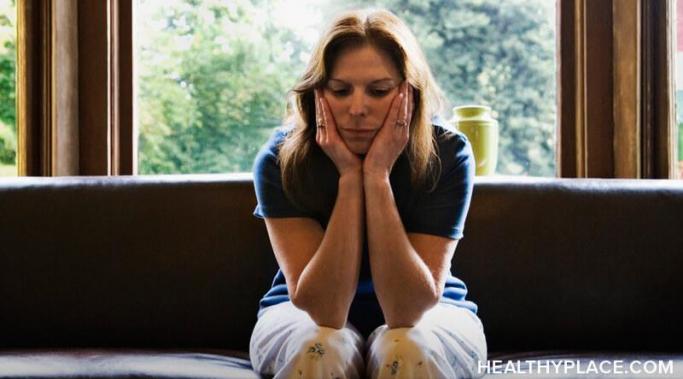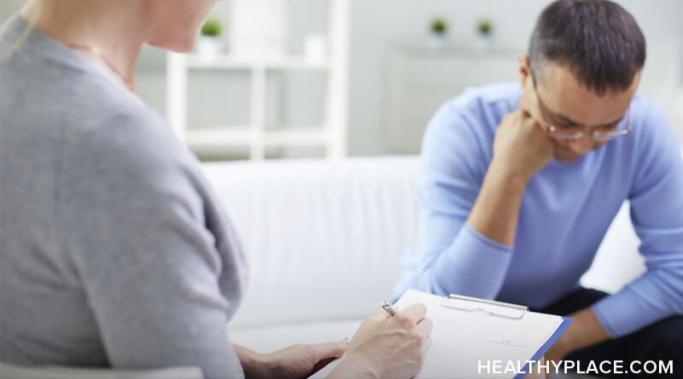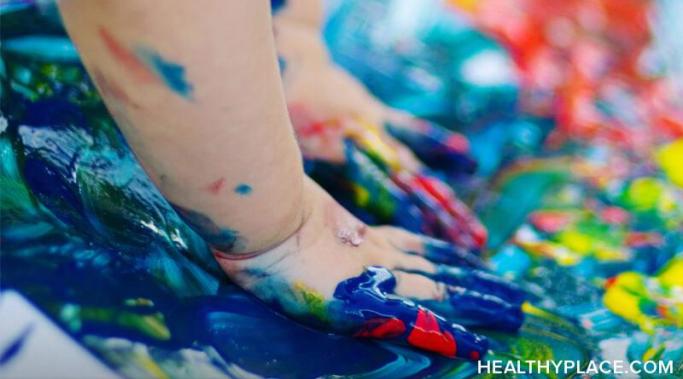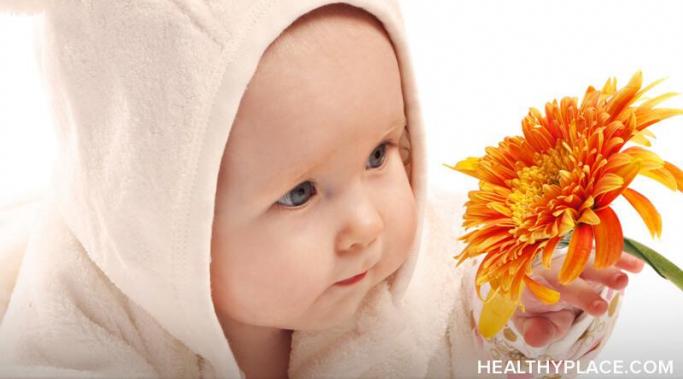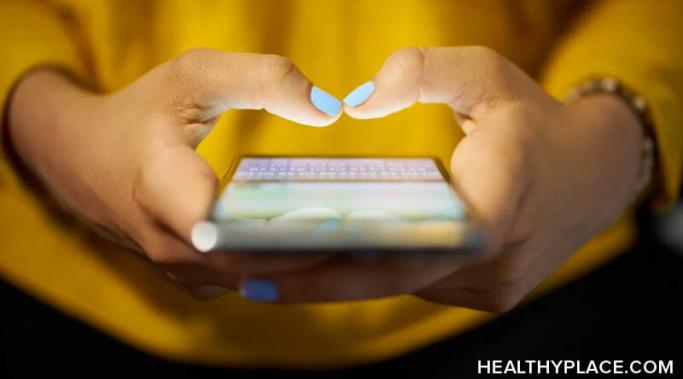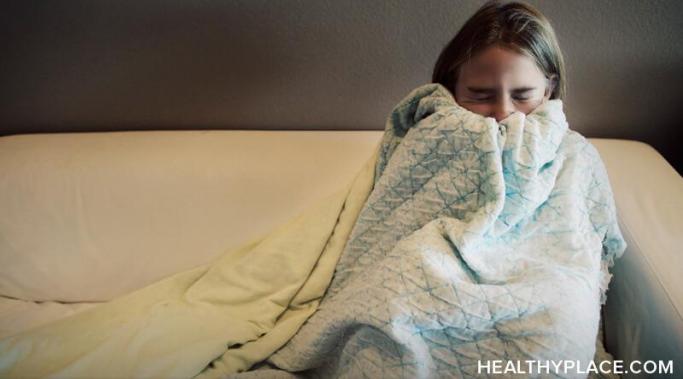Mental resistance is something we all experience, but for a long time, I didn't realize there was actually a name for it, or a reason it happened besides me being lazy, horrible and bad. Mental resistance is that feeling where you want to do something a little differently to improve your life, but for some reason, you're just stuck.
Recovering from Mental Illness
Therapy homework differs for each therapist and each client, and many therapists don't do therapy homework at all, which begs the question: does it actually help? I've had several different therapists over the years, and only one or two of them have ever given me therapy homework. Some of my friends in therapy have lots of homework, and I always wondered if my therapists were doing something wrong by not giving me things to do outside of sessions. Now that I've had one or two therapists who do give homework, I think I understand some of the benefits and problems with therapy homework.
A common bit of wisdom when it comes to mental illness recovery is that recovery isn't linear. You won't necessarily go from "sick" to "healthy" in a straight line. You will likely have setbacks, backslides, and slip-ups and your journey might look more like "sick," "sicker," "better??" "worse," "functional but still mentally ill." In my experience, this back and forth may continue for years. I can intellectually appreciate that recovery is not a linear process, but emotionally, it often feels like I'm failing.
Are you worried about how social distancing will affect your recovery? Use these tips to keep yourself safe and healthy.
Therapy is one of the best ways to actively make progress toward recovery from mental illness, but, unfortunately, therapy can be difficult to access when you can't afford it. Even with insurance, sessions can cost upwards of $100. Even if you only go to therapy every other week, that's still $200 per month, which is roughly the same cost as a car payment. Many of us need that money for our actual car payment, and so we end up missing out on therapy we really need.
Many forms of self-care are absolutely essential for any healthy, functioning person, but, oftentimes, we see the same recommendations online over and over, like getting a manicure or snuggling with a weighted blanket. But what if these self-care activities aren't right for you? There are different forms of self-care that you might enjoy.
Usually, anything that helps with my depression feels like a pure blessing from above, but I have some fears about how much having a baby has helped my depression. I've found that my baby can incentivize me to get out of bed even on horrible days where, without a baby, I would have been stuck in bed all day long.
Distraction and avoidance are very closely related, but distraction is a much healthier coping mechanism than avoidance. When I'm feeling something particularly distressing, distraction is a healthy way to help get me through that tense, panicked moment. Avoidance, on the other hand, is a less healthy way to survive distress, and it often creates even more emotional turmoil. What's the difference though, and how can distraction help get you through those intense feelings of distress?
Are you using old coping mechanisms that no longer serve you? Coping mechanisms are habits and behaviors that we use in order to cope with problems we can't necessarily solve. For instance, if you have to take a big test and it gives you tremendous anxiety, you can't just not take the test or simply stop being anxious. Instead, you need to cope with your anxiety to get through the experience. But what happens when the old coping mechanisms we use actually start causing problems instead of solving them?
The Internet both helped and hurt my mental health. I truly believe the internet has done wonderful things for those with mental illness in our day and age. Before the internet, if you had a relatively rare mental illness, you might have felt completely alone or at fault for your situation. Those feelings persist today, but I think the internet has played a huge role in decreasing those feelings.



